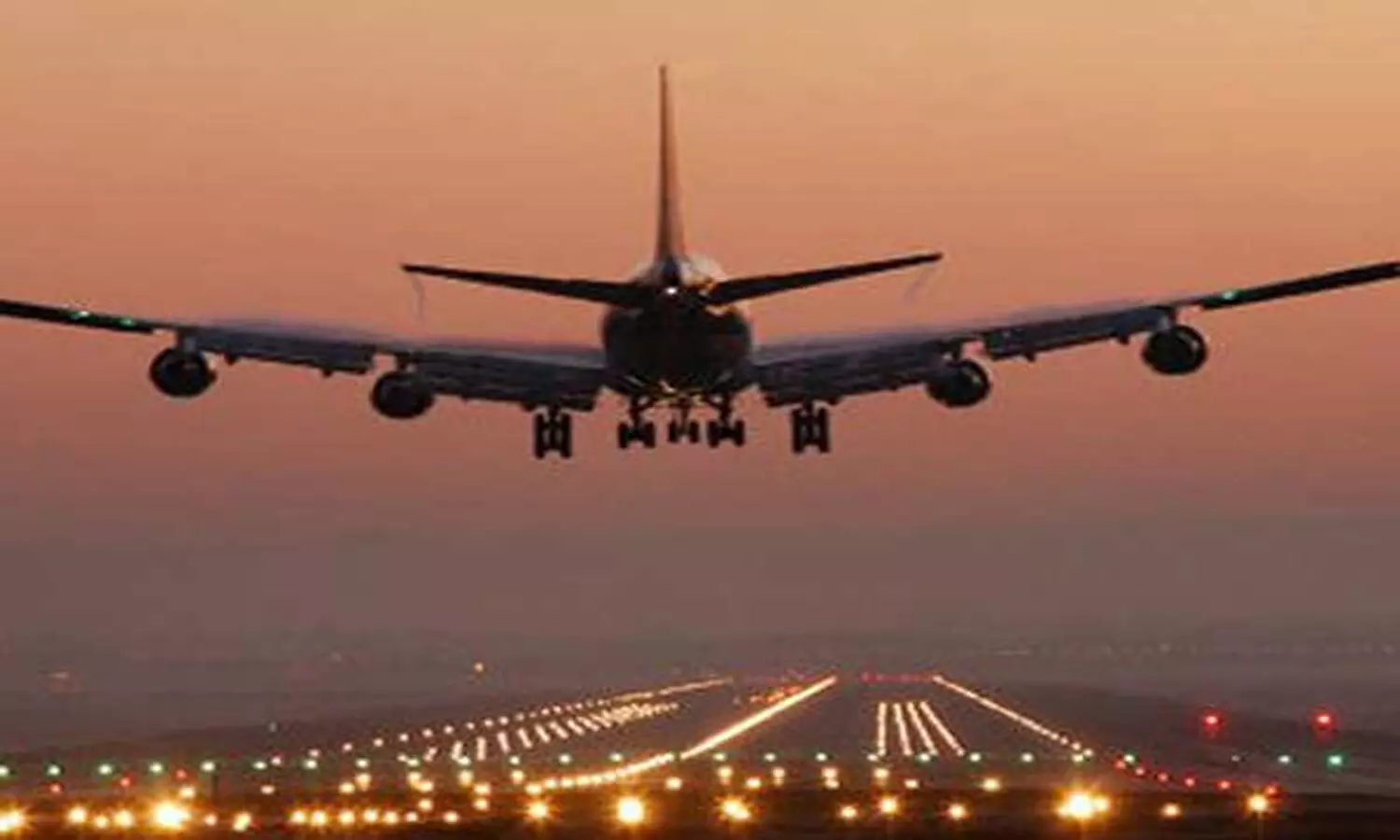TRENDING TAGS :
Flight Woes Ground Indian Wrestlers' Olympic Dreams: A Look at Missed Opportunities
Two Indian wrestlers miss their chance to compete in the Olympic qualifiers due to a flight delay.
PC: Social Media
Disappointment and frustration filled the air as Indian wrestlers Deepak Punia and Sujeet Kalakal were denied participation in the Asian Wrestling Qualifiers in Kyrgyzstan. The reason? An unexpected flight delay in Dubai left them stranded and unable to meet the mandatory weigh-in deadlines. This incident highlights the precarious nature of an athlete's journey to the Olympics, where even minor disruptions can have devastating consequences.
Dreams on Hold: The Impact of Missed Qualifiers
The Olympic qualifiers serve as crucial gateways to the biggest sporting stage. Missing these qualifiers means a significant setback for athletes who have dedicated years of relentless training and sacrifice to reach this point. In Punia and Kalakal's case, the missed opportunity could potentially delay their Olympic dreams by four years, as the next qualifiers won't take place until 2028.
The Domino Effect of Delays
Flight delays, while seemingly mundane events, can have a domino effect on an athlete's meticulously planned schedule. Missed connections, tight travel itineraries, and unforeseen circumstances can disrupt crucial weigh-in windows and competition timings. This incident underscores the need for flexible scheduling and contingency plans, especially for events held internationally.
Beyond the Athlete: The Ripple Effect
The impact of missed qualifiers extends beyond the individual athlete. National federations invest significant resources in training and travel arrangements for aspiring Olympians. Missing qualifiers can translate to lost investments and missed opportunities at securing medals on the international stage. Additionally, it can dampen the morale of other athletes and cast a shadow over a nation's overall Olympic aspirations.
Mitigating the Risks: A Balancing Act
There's no foolproof way to eliminate the possibility of travel disruptions entirely. However, various strategies can be implemented to mitigate risks and offer some degree of control:
Early Booking and Layovers: Booking flights well in advance and incorporating generous layovers into itineraries can provide a buffer against unforeseen delays.
Alternative Routes: Exploring alternative travel routes and carriers can provide backup options in case of cancellations or delays on specific routes.
Communication and Flexibility: Maintaining open communication with travel agents and competition organizers is crucial. Athletes and federations should be prepared to adapt their plans and schedules in case of unforeseen circumstances.
The Importance of Support Systems
A strong support system plays a vital role in an athlete's journey. National federations, coaches, and support staff can provide guidance, resources, and emotional support in times of adversity. Stepping up and advocating for the well-being and opportunities of their athletes is crucial during such setbacks.
Looking Ahead: Learning from Missed Opportunities
The incident involving Punia and Kalakal serves as a stark reminder of the challenges athletes face on their path to Olympic glory. While the immediate consequences are disheartening, there's always an opportunity to learn and adapt. Strengthening support systems, refining travel arrangements, and fostering a culture of resilience will be imperative in ensuring that unforeseen delays don't derail the dreams of future Olympians.



